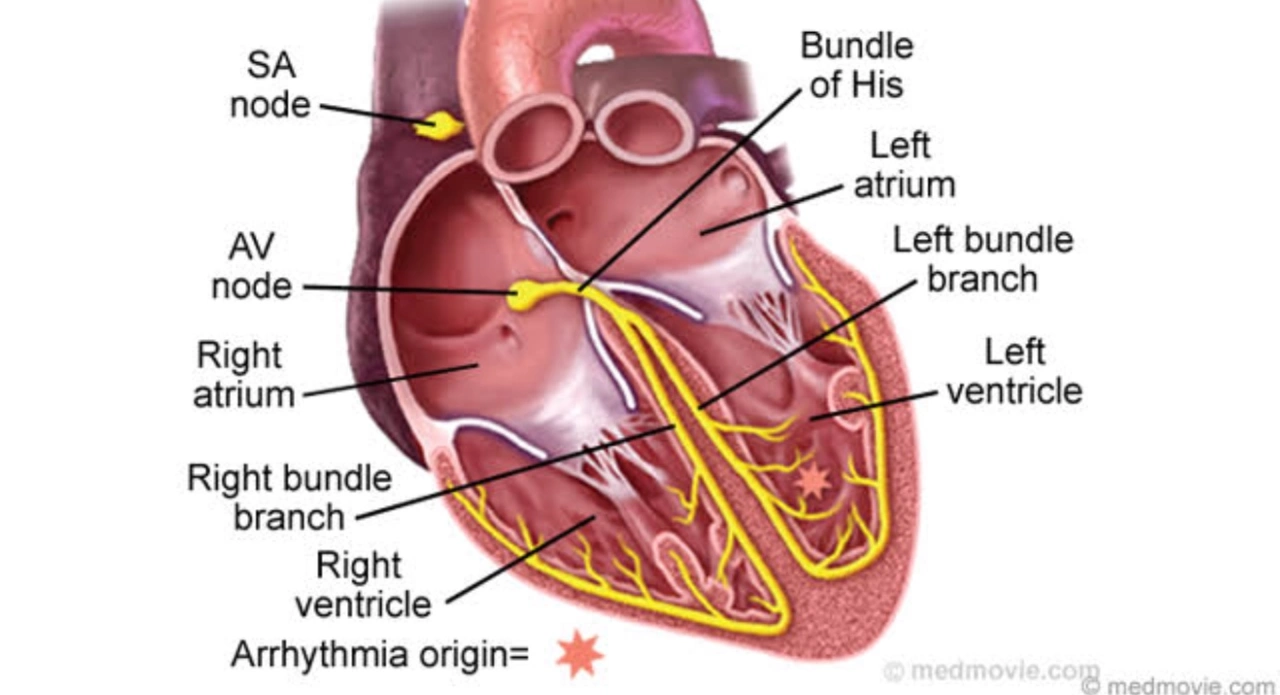Medication dangers: what to watch for and how to stay safe
Some drugs help a lot — but every medication carries risks. Want quick, useful ways to spot danger and avoid harm? This page groups practical guides about side effects, interactions, risky combos, and safe buying so you can make smarter choices without guessing.
Common risks to watch
Side effects can be obvious, like nausea or dizziness, or sneaky, like long-term bone or kidney changes. For example, antibiotics such as ciprofloxacin can cause tendon issues and interact with other medicines. Linezolid can raise blood pressure if you eat high-tyramine foods or mix it with certain antidepressants. Metformin (Glucophage) is usually safe but can be risky with advanced kidney disease. Minoxidil (Rogaine) mostly causes local irritation, not systemic harm, but expect realistic results and scalp sensitivity. Spironolactone may change potassium levels — mixing it with alcohol or other potassium-raising drugs needs care. These are the sorts of specifics our articles dig into so you know what to ask your doctor.
Another big risk is interactions. Combining drugs can blunt benefits or create danger. Over-the-counter supplements, herbals, and prescription meds all mix together in your body. Read active ingredients, check interaction tools, and never assume vitamins are harmless with prescriptions.
How to reduce risk right away
Start by reading the label and the leaflet that comes with your medicine. Note active ingredients, known side effects, and whether you need kidney or liver monitoring. Use a reliable interaction checker or ask a pharmacist before adding new meds or supplements. If a listed side effect feels serious — sudden breathing trouble, chest pain, fainting, severe rash — seek emergency care.
Buying meds online adds another layer of risk. Look for clear contact info, licensed pharmacy verification, and an honest return policy. Avoid sites that sell prescription-only drugs without a prescription or pressure you with low prices and shady sourcing. Our online pharmacy guides explain how to spot red flags and pick safer vendors.
Travel, alcohol, and lifestyle changes matter too. If you have arrhythmia, traveling across time zones or skipping doses can trigger problems — pack extra meds and a doctor’s note. Drinking while on acne medication like spironolactone requires pacing and hydration. For GERD drugs such as omeprazole, long-term use can affect nutrient absorption — consider periodic reviews with your doctor.
Bottom line: ask questions, check interactions, and keep records. Track side effects in a simple notebook or on your phone, update your medication list before any doctor visit, and report serious issues to your healthcare team. When in doubt, talk to a pharmacist — they catch a lot of risky combos before they cause harm.
Atrial Fibrillation and Smoking: The Dangers and How to Quit
As a blogger, I recently explored the topic of Atrial Fibrillation (AFib) and smoking. I learned that smoking is a major risk factor for developing AFib as it can damage the heart's electrical system and lead to irregular heartbeats. The dangers of AFib include an increased risk of stroke, heart failure, and other serious health complications. I also discovered that quitting smoking can help reduce the risk of AFib and improve overall heart health. To help those struggling with smoking, I shared various strategies to quit, such as nicotine replacement therapy, counseling, and support groups.

